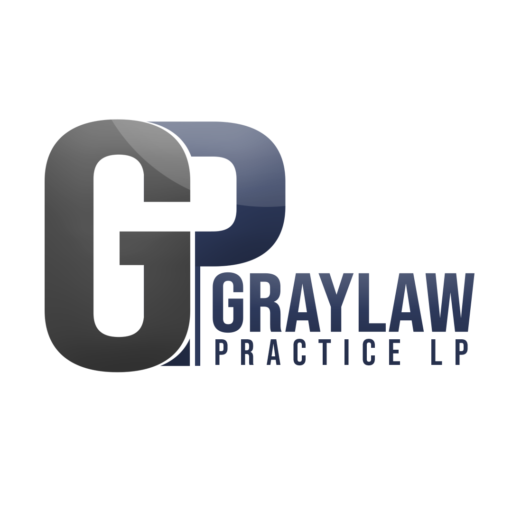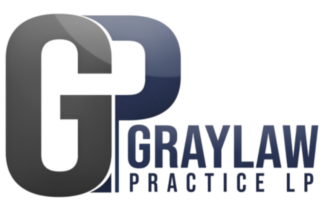
In Nigeria, the lack of legal knowledge continues to be a major obstacle to fairness and sound governance. Pro bono legal services, digital access to legal materials, legal education, streamlined legal communication, and collaborations with academic institutions are some of the proactive measures GrayLaw is taking to solve this problem. GrayLaw helps to build a just and equitable Nigeria by promoting a society that is aware of the law.
Any society needs legal knowledge to function because it guarantees that people, organizations, and governmental bodies are aware of their legal rights, responsibilities, and constraints. However, the general public’s awareness of the law in Nigeria is still quite low. Access to justice, the upholding of rights, and the general efficacy of the legal system are all impacted by this issue.
Lack of Legal Knowledge
The overall lack of legal awareness among the public is one of the main issues. The 1999 Constitution’s core rights are not well understood by many Nigerians. In rural communities with little access to legal education and awareness campaigns, this ignorance is more common. As a result, many people are subjected to unfair labor practices, human rights violations, and wrongful detentions without ever seeking compensation.
The intricacy of legal terminology
Nigerian legal documents frequently contain sophisticated, complicated terminology that is hard for the average individual to understand. Latin expressions and antiquated terms that are difficult for laypeople to understand are commonly used by legal professionals. People are unable to comprehend and take advantage of legal provisions because of their intricacy, which puts a barrier between the law and them.
Inadequate Civic Education
Foundational civic and legal education is not given priority in the Nigerian educational system. Many elementary and secondary school pupils do not learn fundamental legal concepts like contract law, constitutional rights, or dispute resolution procedures. People who aren’t exposed to legal knowledge at a young age have a limited understanding of how the legal system functions, which causes them to rely on informal justice systems and propagate false information.
Restricted Legal Resource Access
Another major obstacle is access to legal resources like statutes, case laws, and legal textbooks. Ordinary citizens’ capacity to educate themselves on their legal rights is restricted by the high cost and low availability of legal literature. Additionally, Nigeria’s digital divide limits access to online legal materials, making it challenging for those living in rural areas to keep up with legal changes.
Corruption and Mistrust of the Legal System
Many Nigerians are deterred from using the legal system because they believe it to be corrupt. Many Nigerians lack faith in the legal system because they think that justice is only for the powerful and wealthy. People frequently look to traditional or religious leaders as alternative dispute resolution methods as a result of this mistrust, which may not always be in line with constitutional ideals.
Initiatives to Advance Legal Understanding
To raise legal awareness in Nigeria, a number of efforts have been started. To educate the public on their rights, the Nigerian Bar Association (NBA) and other non-governmental organizations (NGOs) have launched legal aid and education initiatives. In order to educate the public, media channels such as radio and television programs have also begun to broadcast legal discussions.
GrayLaw’s Contributions
Through a number of projects, GrayLaw is actively striving to close the legal knowledge gap in Nigeria.
Legal Education and Awareness Campaigns: To inform Nigerians of their rights and responsibilities under the law, GrayLaw hosts webinars, seminars, and workshops. To guarantee broad legal awareness, these initiatives focus on professionals, students, and underserved groups.
Legal Terminology Simplification: GrayLaw is attempting to reduce complicated legal jargon to plain, understandable language. This involves creating materials and legal aids in plain English to assist regular people in better navigating the legal system.
Digital Legal Access: In light of the digital divide, GrayLaw is creating a platform of online legal resources that will make Nigerian laws, case studies, and legal interpretations freely accessible. This will keep people, companies, and attorneys aware of their rights and responsibilities.
Legal Aid and Pro Bono Services: GrayLaw works with attorneys to provide clients who cannot afford legal representation with free or heavily discounted legal aid. This guarantees that those who are vulnerable get the justice they are due.
Collaborations with Academic Institutions: GrayLaw is collaborating with academic institutions to incorporate legal studies into their curricula. GrayLaw wants to raise a generation that is cognizant of the law by introducing legal education early on.
Media Engagement for the Public: GrayLaw is using social media, radio, and television to spread legal information. Public participation and practical clarification of legal concepts are facilitated by interactive programs, Q&A sessions, and case studies.



